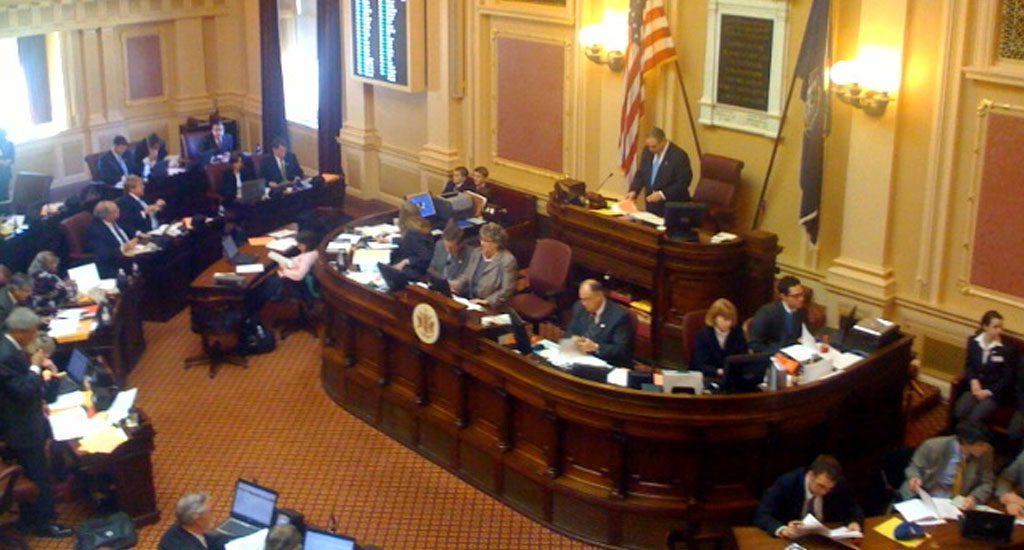Stopping the “schoolhouse to courthouse pipeline” has become an legislative action by which the Virginia Senate has now supported with immense accord this General Assembly session. To cease the pathway for young school-age children going from sitting in their desk at a public school to sitting behind bars in prison, the Senate picked up where the House of Delegates left off.
On Tuesday, by a 34-6 vote, overwhelming political support was given to Senate Bill 170, sponsored by Senator Bill Stanley (R-Franklin). In cutting the school-to-prison pipeline for elementary school students, the bill, “prohibits students in preschool through grade three from being suspended or expelled except for drug offenses, firearm offenses, or certain criminal acts.”
The vote comes after a similar version of bill failed to be passed through the House Education Committee last week. House Bill 1600 was set to reduce the maximum length of time for school suspension to under one calendar year, unless aggravating circumstances were involved.
Before the vote, Senator Stanley addressed the upper chamber saying, “What we’re trying to stop is the schoolhouse to courthouse pipeline.” Later, he added to his testimony, “We need to make sure that we’re correcting their behavior and not punishing them.”
According to a report from the Richmond Times-Dispatch, during the 2015-16 academic year, Virginia schools issued more than 17,300 short-term suspensions and at least 93 long-term suspensions to students enrolled in pre-K through third grade public education.
Currently, a short-term suspension is any punishment that bans a student from attending school for up to 10 school days. Long-term suspension consists of banning students from school for at least 11 school days up to 364 calendar days.
The Legal Aid Justice Center, a Virginia-based rights organization, has recommended that the Virginia General Assembly should all external suspensions and expulsions for young students. Nonetheless, Senator Stanley’s legislative move is a step in the right direction.

